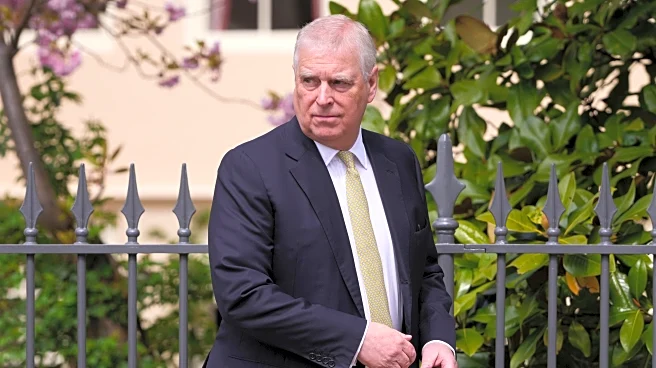What's Happening?
A recent analysis has delved into the complex relationship between money and happiness, suggesting that wealth can indeed contribute to well-being, but only under certain conditions. The study highlights that while money can buy happiness, it does so
effectively when not pursued solely for the sake of wealth. Social scientists have found that the happiness derived from money is influenced by the motives behind earning it. Materialistic values, such as acquiring money for social comparison or self-worth, are negatively correlated with life satisfaction and can lead to depression and anxiety. Conversely, earning money for security or supporting loved ones does not negatively impact well-being.
Why It's Important?
This study provides valuable insights into the psychological aspects of financial well-being, challenging the conventional belief that more money always equates to greater happiness. It emphasizes the importance of understanding one's financial motives and encourages spending on experiences and meaningful activities rather than material possessions. These findings could influence public policy and personal financial strategies, promoting a shift towards more sustainable and fulfilling economic practices. By recognizing the impact of financial motives on happiness, individuals and policymakers can make informed decisions that enhance overall life satisfaction.
Beyond the Headlines
The study's implications extend beyond individual well-being, potentially affecting broader societal values and economic behaviors. It raises ethical considerations about consumerism and the pursuit of wealth, encouraging a reevaluation of cultural norms surrounding money and success. The findings may inspire a cultural shift towards valuing experiences and relationships over material wealth, fostering a more balanced and holistic approach to economic prosperity.

















